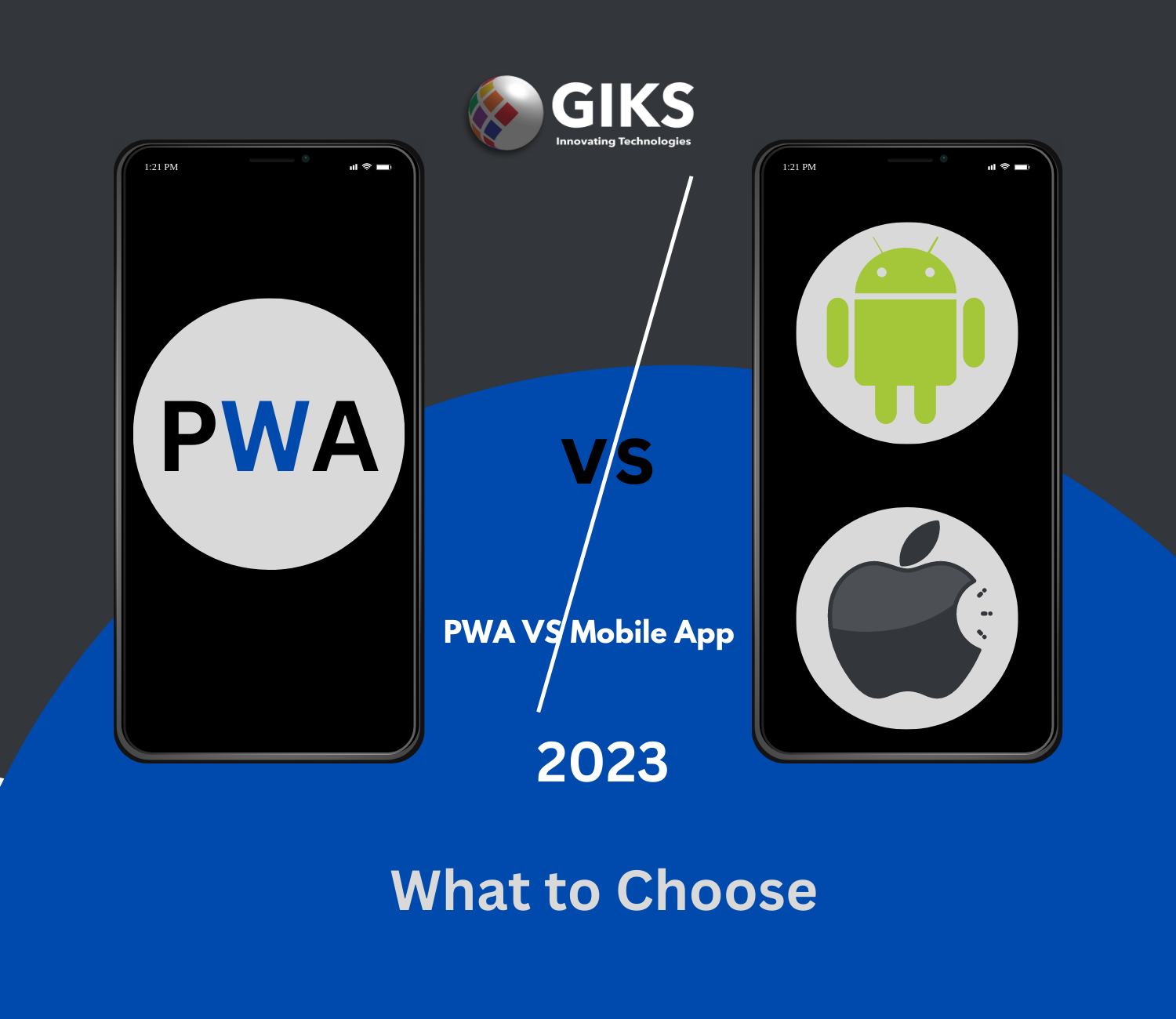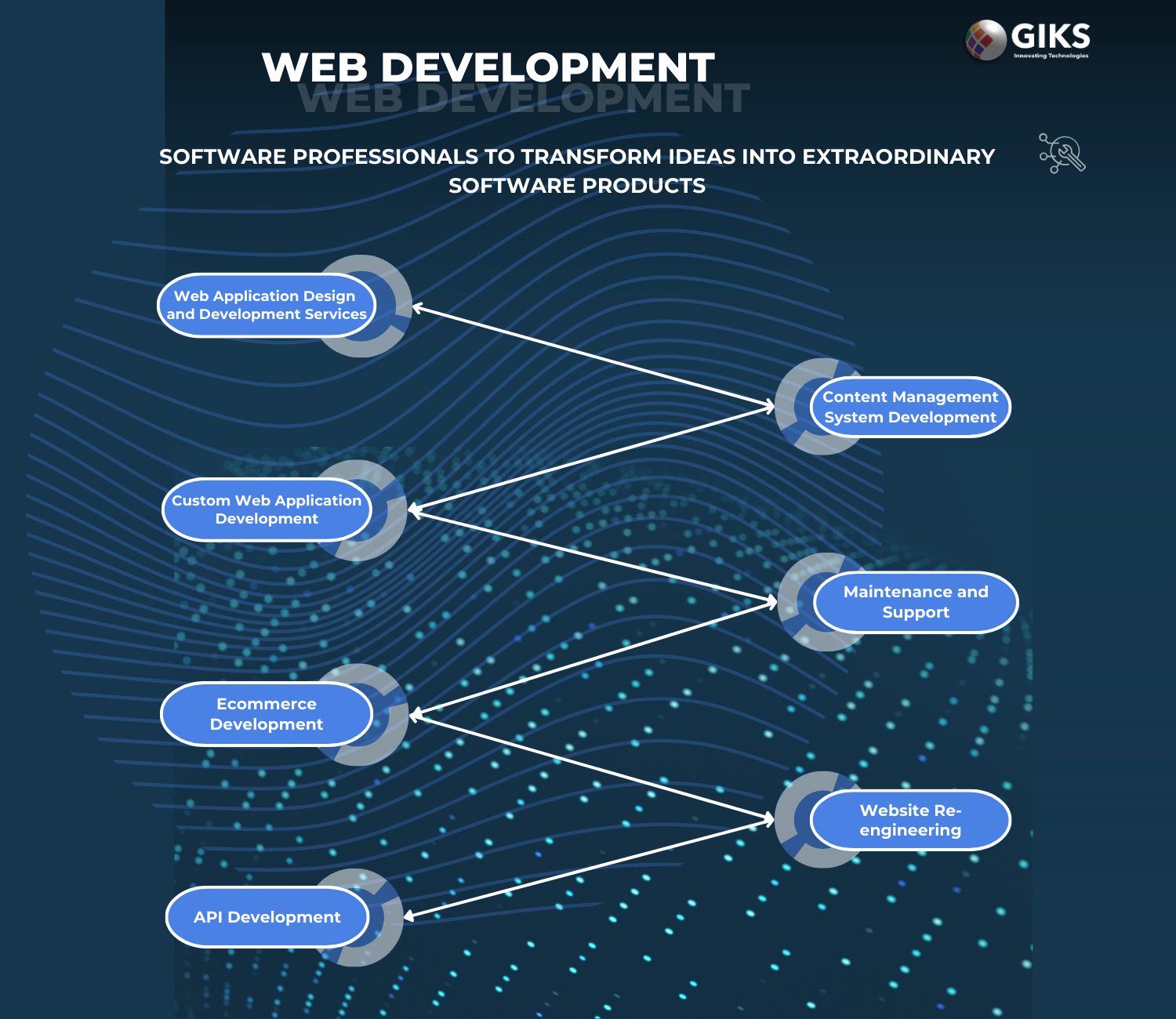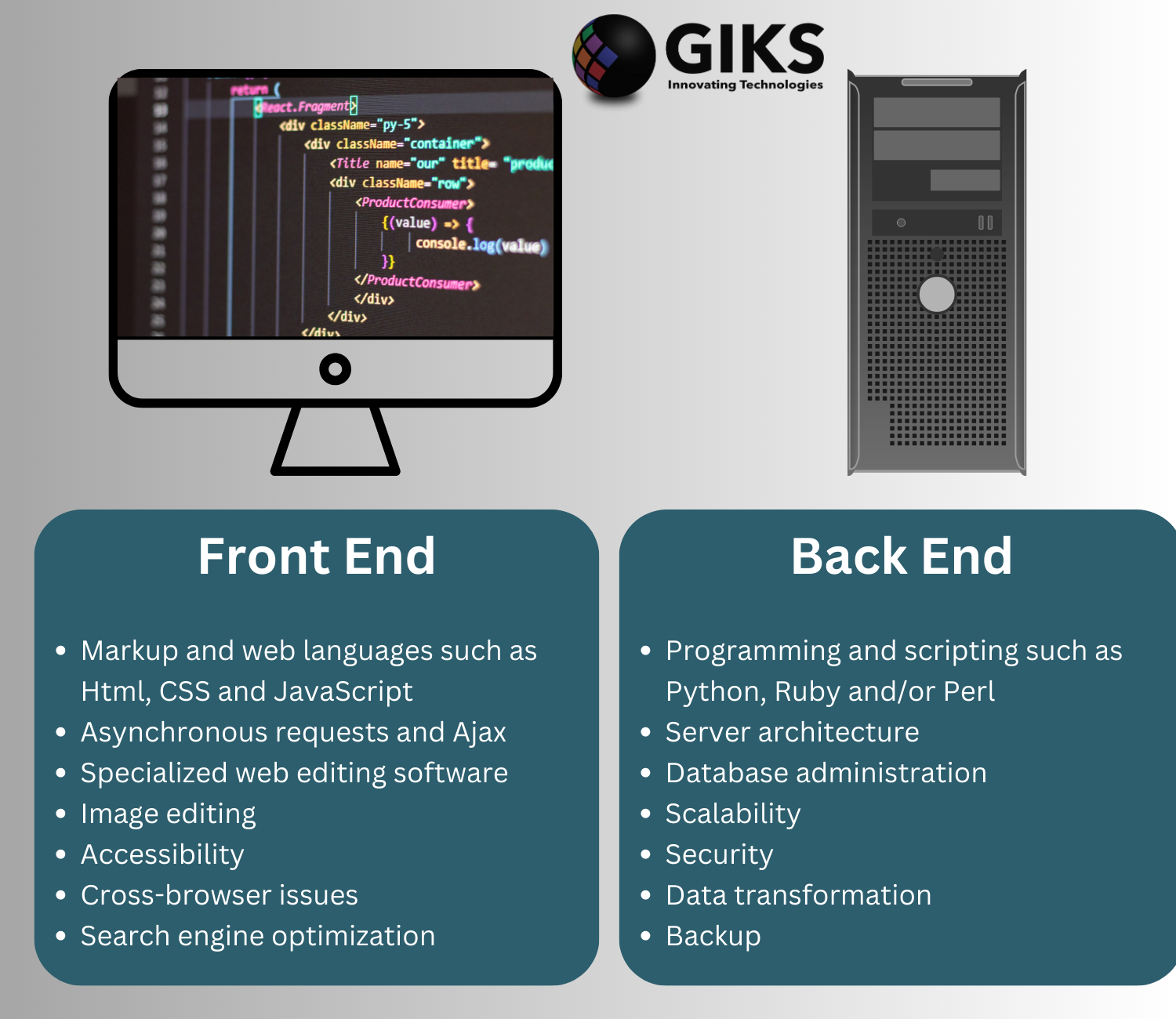Introduction:
Embarking on a career as a developer can be an exciting and rewarding journey. Whether you're passionate about building websites, crafting mobile applications, or creating software solutions, the world of development offers endless possibilities. However, for beginners, the vast array of technologies and programming languages might seem overwhelming. Fear not! In this step-by-step guide, we'll walk you through the essential stages to kickstart your developer's journey and set you on the path to success.

Step 1:
Define Your Goals and Interests The first step is to identify your goals and interests within the realm of development. Do you want to become a frontend web developer, a backend engineer, or perhaps a mobile app developer? Understanding your interests will help you choose the right programming languages and technologies to learn and specialize in.
Step 2:
Choose Your Programming Language Once you have a clear idea of your interests, it's time to select a programming language. Popular languages like Python, JavaScript, Java, or Ruby are excellent choices for beginners due to their versatility and vast developer communities. Choose a language that aligns with your goals and start learning its basics.
Step 3:
Enroll in Online Courses or Bootcamps Learning to code is now more accessible than ever, thanks to various online courses and coding bootcamps. These platforms offer structured learning paths, interactive exercises, and real-world projects to help you grasp programming concepts effectively. Invest time in these courses to gain a solid foundation in your chosen language.
Step 4:
Practice, Practice, Practice Theory alone won't make you a proficient developer. Practice regularly by working on coding challenges, personal projects, and contributing to open-source projects. Hands-on experience is vital for honing your coding skills and problem-solving abilities.
Step 5:
Build a Portfolio As you gain confidence in your coding abilities, start building a portfolio showcasing your projects. A portfolio is essential for demonstrating your skills to potential employers or clients. Include a diverse range of projects that highlight your versatility and creativity as a developer.
Step 6:
Collaborate and Join Developer Communities Being part of a developer community can be immensely beneficial. Join online forums, attend meetups, and engage with other developers. Collaborating with peers allows you to learn from their experiences, gain insights into industry trends, and foster meaningful connections.
Step 7:
Stay Updated with Technology Trends The world of technology evolves rapidly, and developers must stay up-to-date with the latest trends and advancements. Follow tech blogs, attend webinars, and explore new tools and frameworks regularly. Continuous learning is vital to remain competitive in the ever-changing tech landscape.
Step 8:
Seek Feedback and Learn from Mistakes As you progress on your developer's journey, seek feedback on your projects and code. Embrace constructive criticism and learn from your mistakes. Iterative improvement is key to becoming a skilled and confident developer.
Conclusion:
Selecting the right SEO agency can be a game-changer for your business's online presence and growth. By defining your goals, assessing their experience, ensuring transparent practices, and focusing on tailored strategies, you'll be better equipped to find an agency that aligns with your objectives and enhances your online visibility and success. Remember that a reputable SEO agency will work as a strategic partner, continuously evolving and optimizing your online presence to achieve long-term success.




